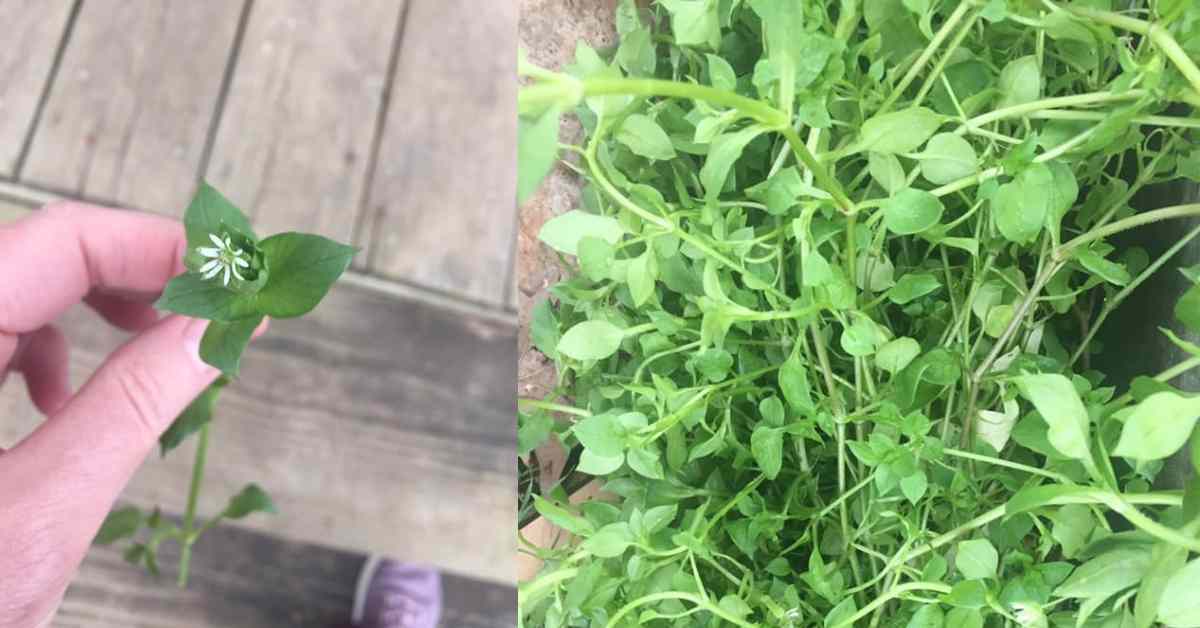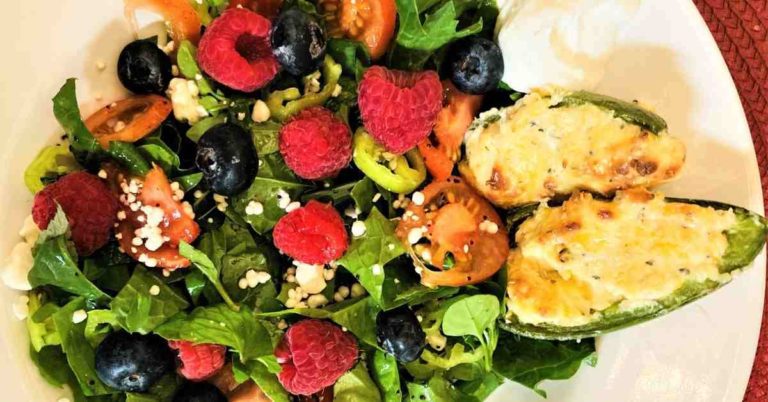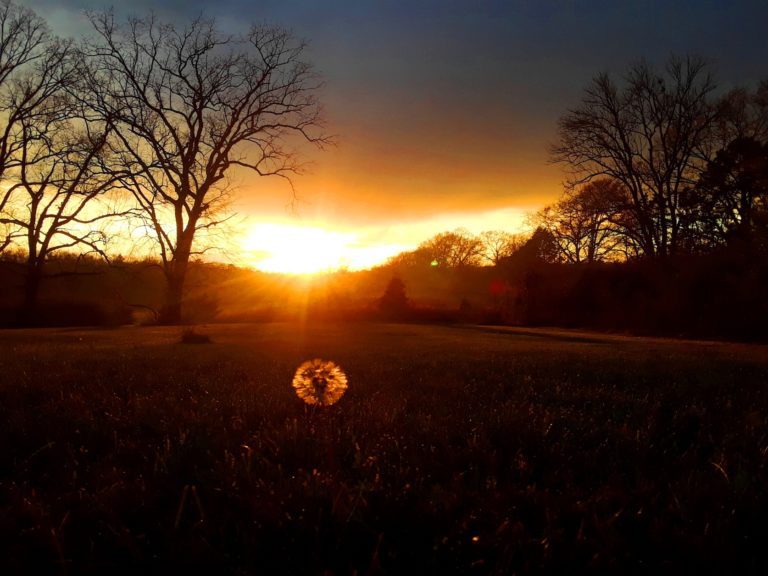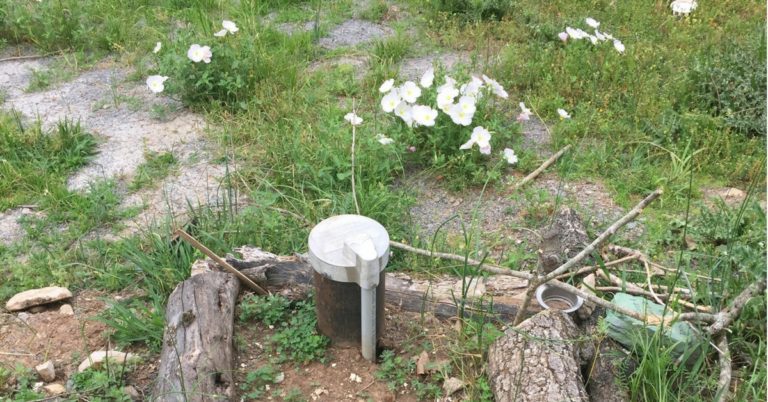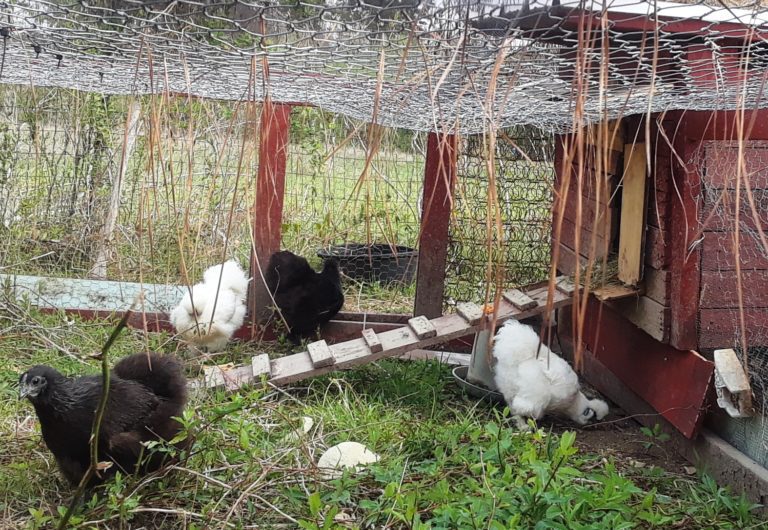Chickweed: A Lesson in Looking for the Good
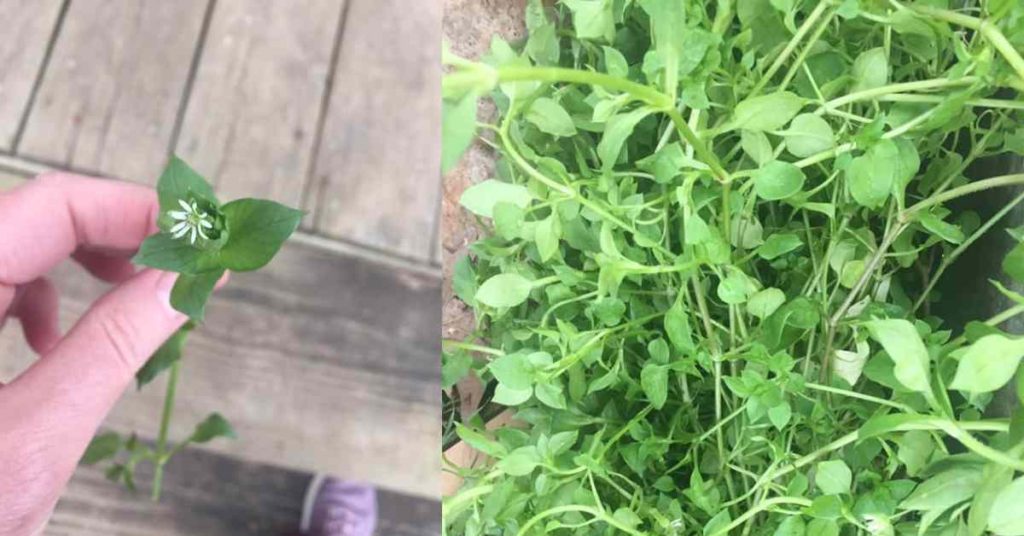
I’m in a Georgia native plant group. People in there can be so interesting about how they want to get rid of any plant that isn’t native to the area. You hear a lot of vegetation called “non-native invasive.” Some things really are problematic. But many are not that big of a deal and they have their uses.
For example chickweed is considered non native and invasive in Northwest Georgia, but I found this lush patch of it beside my raised bed and got so excited. I love it. It’s rich in beta carotene, iron, calcium, C and magnesium and manganese. It cleanses the blood. My body literally craves it. I pick it and eat it straight and it’s like eating life itself. Why would I want to get rid of it just because it’s labeled non-native and invasive to Georgia?
It got me thinking about how we view things that are outside of our culture or the traditional methods. There are a lot of interesting plants that people think are invasive or non native that have wonderful medicinal and edible values. Just because most people are ignorant of their benefits and it’s not the norm to eat them, doesn’t mean they aren’t remarkable, valuable and healing. Sure, they may have a tendency to take over and suck the nutrients from other things. But why fight them when you can use them for their God-given purpose?
How many things, people, healing methods, and cultures do we reject just because they don’t fit into what our society deems acceptable, normal or of value? Or because we’re afraid they’re going to “take over.”
If I eat my chickweed it won’t take over. Can’t we start looking at people and things for their good qualities? Can’t we learn to see the beauty, healing properties and gifts in each other?
Something I’m pondering…
Note: Chickweed may be used on sandwiches, salads, in smoothies, eaten straight. You may eat the flowers, leaves and the stems (when young and tender). Stems can get hard and stringy as they get older.
